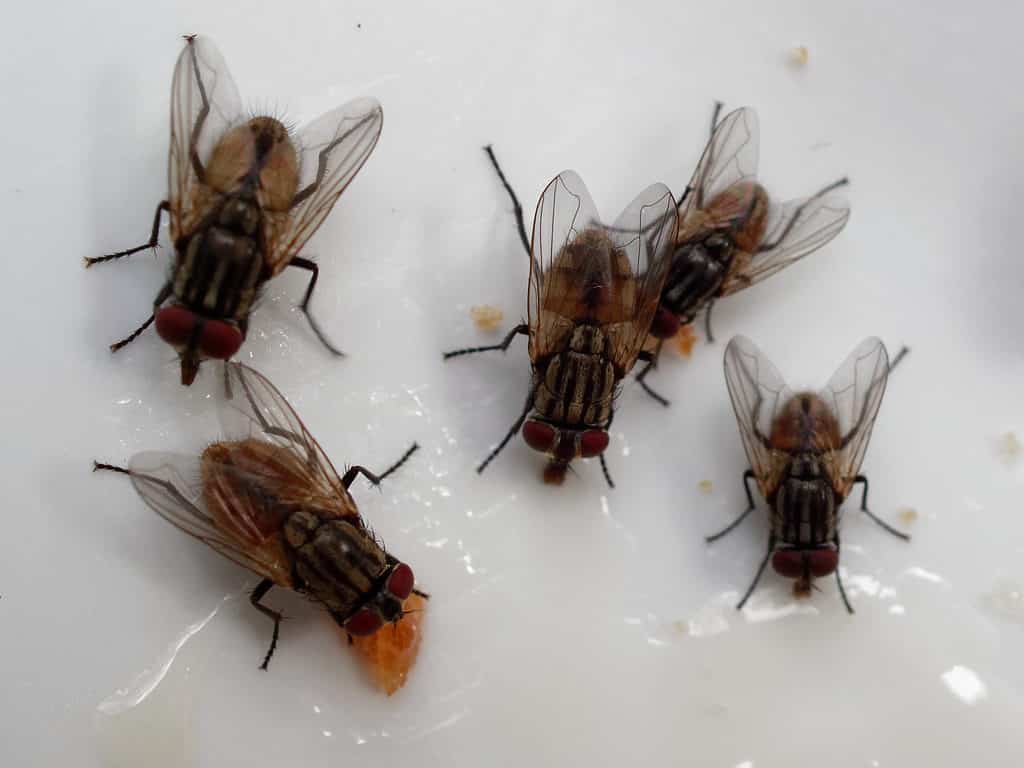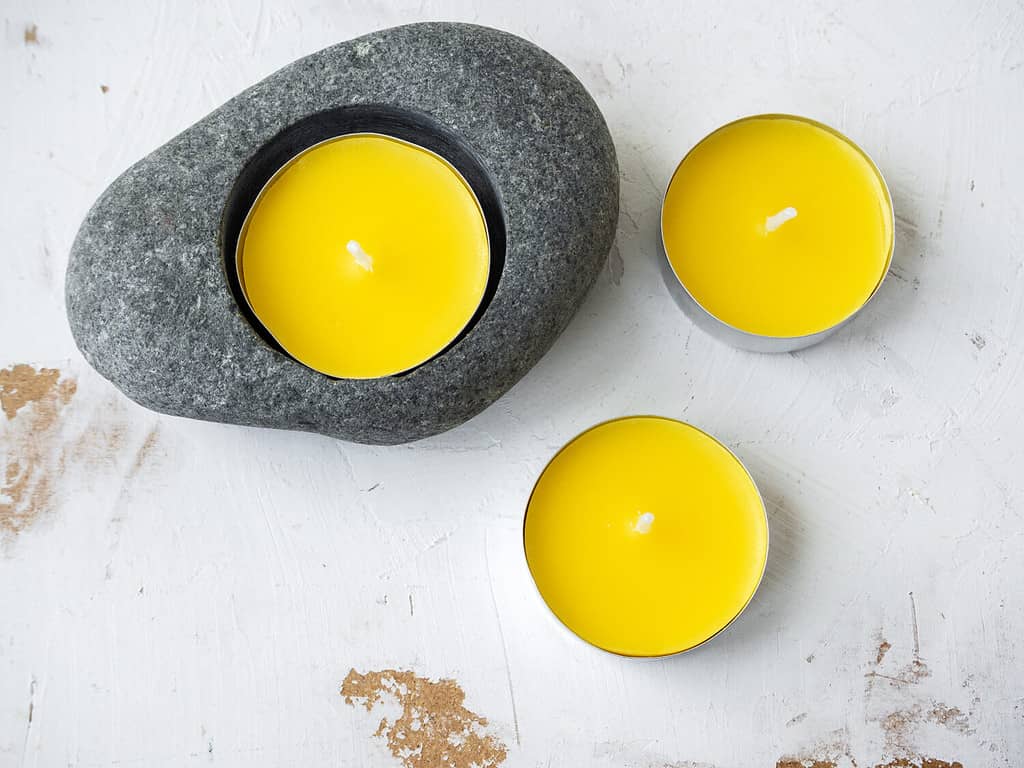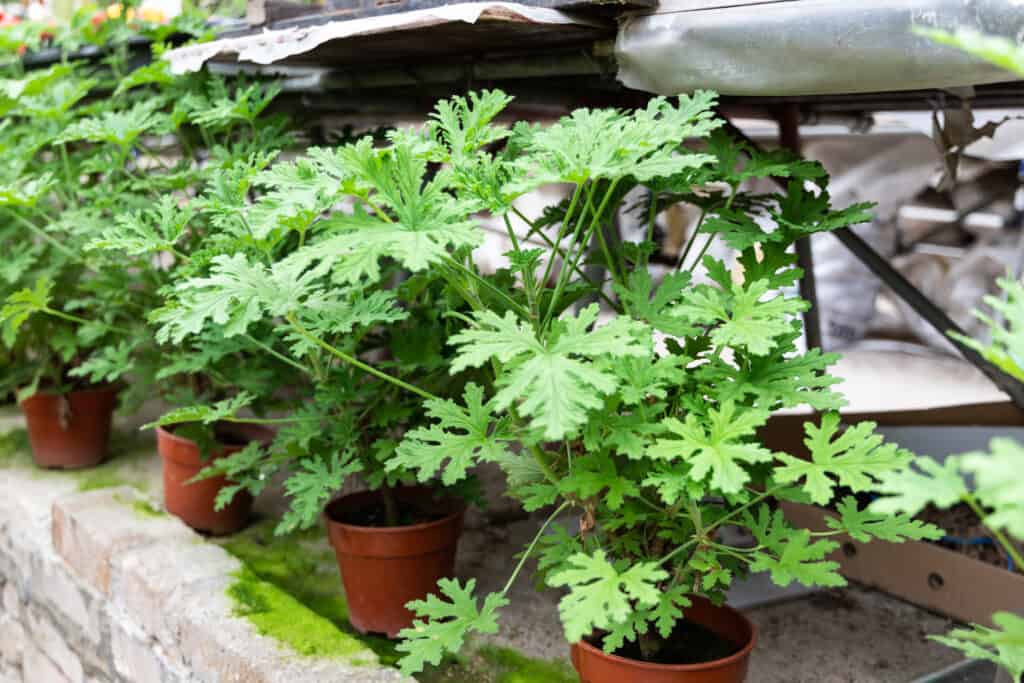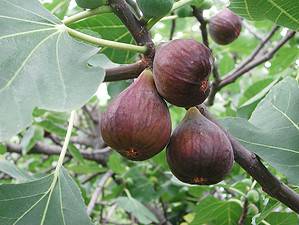As fall peaks its head around the corner, we all begin to reminisce about the warm summer nights that will soon be leaving us. It is a season when everyone is throwing on their swimming suits, firing up their grills, spending time with their loved ones, and traveling from coast to coast. Besides the feelings of an endless summer bonding us together, there’s another pesky nuisance that we all love to hate during the peak summer season: fruit flies and mosquitoes!
These irritating insects quickly turn a pleasant evening into an unbearably uncomfortable event. Even though there are countless zappers and bug lights on the market that claim to repel these unwanted guests. There is one product that nature has provided us as an exceptional solution — citronella! You might be wondering how citronella works… or how quickly you can get your hands on some. So, let’s dive in and look at how you can use citronella to repel those flies!

A group of flies gather on a waiting plate.
©iStock.com/PattayaPhotography
Citronella: Nature’s Very Own Insect Repellant
Citronella is an oil made from two different varieties of grass. This oil is procured through distillation. The National Pesticide Information Center describes it as being “yellow to brown and has a grassy/floral smell.” Citronella oil first hit the market in the United States in 1948. It is recognized as Generally Recognized as Safe (GRAS) by the Food and Drug Administration (FDA). It is made up of citronellal, citronellol, and geraniol.
A citronella plant, scientifically known as Cymbopogon nardus or Cymbopogon winterianus, is a variety of grass that produces a distinct, citrus-like aroma. Citronella has been used for centuries in many cultures as a traditional insect repellant, particularly for flies and mosquitoes.
How Does It Work?
The scent of citronella can be so powerful that it overpowers the senses of many insects due in part to its high citronelle content. Its strong aroma and unique chemical composition act as an impenetrable fortress against not just flies and mosquitoes but also against ticks, mice, and rats.
In fact, active compounds in its structure, such as citronellal, citronellol, and geraniol, disrupt the olfactory senses of insects. This aroma throws them off course and makes it particularly challenging for these bugs to locate their target. For example, mosquitos rely on the carbon dioxide and lactic acid that humans release when they sweat. When you light a citronella candle or grow citronella in your backyard, its overwhelming smell suffocates them. It is a barrier for these pests and deters them from getting too close. Using citronella repels several different types of flies.

©rawf8/Shutterstock.com
Are There Other Options?
This natural alternative is more eco-friendly than its chemical-based competitors, such as Picaridin. It’s biodegradable and generally considered safe for human use when applied topically or in the form of incense and candles. Aside from its pleasant scent, citronella is also gentle on clothing. This tool is the optimal choice for those who thrive in the outdoors but still prefer to protect their outdoor attire. Compared to topical options such as Off! or Repel, citronella essential oil can be a natural, allergen-friendly alternative.
Making the Citronella Repel the Flies
Now that you understand the science behind citronella, including its composition, effectiveness, and alternatives, it’s time to discuss the different products you can use to keep those pesky critters away.
There are a few different ways you can include this chemical in your life. Each way is as simple as the next. Once you witness the results, you will find yourself looking for other ways to include the use of citronella in your life.
Essentially, when it comes to blocking those houseflies, you need to boost your citronella. Doing this is easy. You can make:
- Candles
- Essential Oil
- Torches
- Buy Plants
All of these things will provide you with some relief. I will explain how.
1. Come Up With Candles

The most widely distributed product sold on the market is Citronella candles.
©Ana Belen Garcia Sanchez/Shutterstock.com
Place the candle outside where bug attacks are frequent, light the candle, and in about 15 to 20 minutes, the mosquitos and flies should scatter away from the area.
However, it’s worth noting that not all citronella candles are effective. In fact, many of the citronella candles you see in stores today are about as effective as lighting any candle that produces smoke. Additionally, this option is not great for windy locations or rainy weather. It’s important to conduct your own research and read product reviews before investing in this product since a lot of the ones advertised can be gimmicks.
HGTV has a great article with a step-by-step guide to making citronella candles and using them as insect repellants.
2. How Essential Oil Repels

Citronella oil is famous for its antibacterial and antifungal properties.
©rawf8/Shutterstock.com
Citronella oil is known for more than just repelling bugs. It’s also used for its antibacterial and antifungal properties! So, if you’re getting ready to spend some time outdoors, it’s always a good idea to carry this tiny but mighty tool.
Before applying pure, concentrated citronella oil to your skin, be sure to dilute it with a carrier oil such as coconut oil or jojoba oil. Using a 1:1 ratio, you can rub this mixture onto your skin or spray it on your clothes for a longer-lasting effect. Make sure to reapply this mixture every one to two hours. Apply this more frequently if you participate in strenuous or sweat-inducing daily activities.
3. Light the Way With Citronella
Citronella torches come in various designs to help protect you and your guests in style. These torches use citronella oil to fuel the flames, releasing this powerful scent into the air. Place these torches strategically around your outdoor space, light them up, and enjoy a bug-free evening. You can even get torches with an adjustable wick size to help you calibrate the amount of citronella you’d like to use for each burn. It’s important to note that since this tool uses fire, be mindful of keeping it away from a highly flammable area or other objects that are quick to catch flames. Never leave a citronella torch unattended, and always extinguish the flame after every use.
4. Procur a Citronella Plant

Citronella plants are a natural mosquito repellent with their scented nature.
©iStock.com/ThamKC
For the green thumbs, planting a citronella plant in the outdoor area where you spend the most time could be a great option to deter insects. It is best to plant this perennial during spring after there is no chance of frost. To better control the lighting and water needs of this plant, it’s also recommended to plant them in their own pots.
These plants prefer high humidity, bright light, and a potting medium that can retain water well, such as peat moss. It’s important to note that this plant alone will not actively deter pests. Crushing a few leaves and releasing their scent will aid you in the pest management process.
Now that we have discussed how, by [simply] adding citronella to your life, you can repel those bugs that are causing you so much stress. Let us also talk about the things you need to keep track of.
Safety Measures to Consider
While citronella is generally considered safe for use by the public, everybody is different! It’s important to take the following safety precautions:
- Avoid Ingestion: Citronella oil is for external use only. Do not ingest it, as it can be toxic when consumed.
- Keep Citronella Products Away from Children and Pets: Citronella oil and candles should be kept out of reach of children and pets to prevent accidental ingestion or contact.
- Patch Test: Before applying citronella oil to your skin, perform a patch test to ensure you don’t have an adverse reaction. Apply a small amount to a small skin patch and wait 24 hours to check for any signs of irritation or allergic reactions.
- Store Citronella Oil Safely: Keep citronella oil in a cool, dark place, away from direct sunlight, water, and extreme heat sources.
Other Great Sources
Citronella Plant vs. Citronella Grass is another article of ours that talks of the plant and its cousin. This article compares the citronella plant with the citronella lemongrass plant. Both are often confused with one another and have distinct differences.
Our article Is Citronella A Perennial or Annual discusses the life span of the plant and the best ways to give it a long, healthy life.
In Conclusion
No matter what product you choose, incorporating citronella into your routine is how you can repel flies. It’s important to remember that while citronella can be a valuable tool in your arsenal, it may not provide complete protection in heavily infested areas. Combining citronella with other preventive measures, such as wearing long sleeves or utilizing mosquito nets, along with a bug zapper, is the best way to ensure a bug-free experience.
The photo featured at the top of this post is © Eric Isselee/Shutterstock.com
Thank you for reading! Have some feedback for us? Contact the AZ Animals editorial team.







